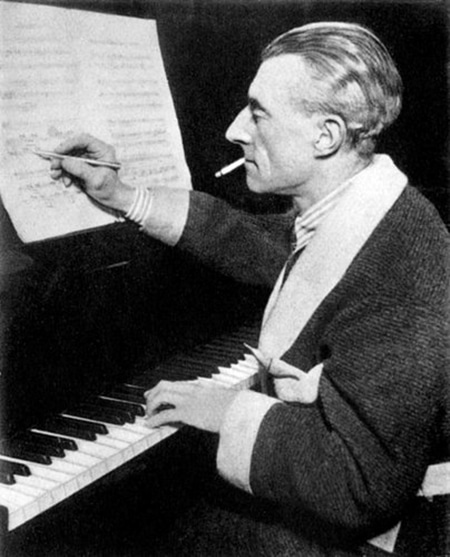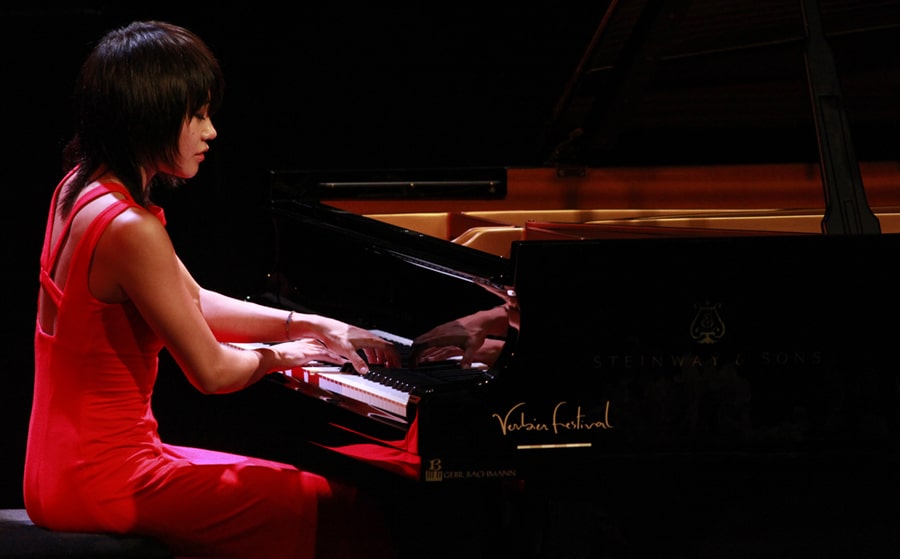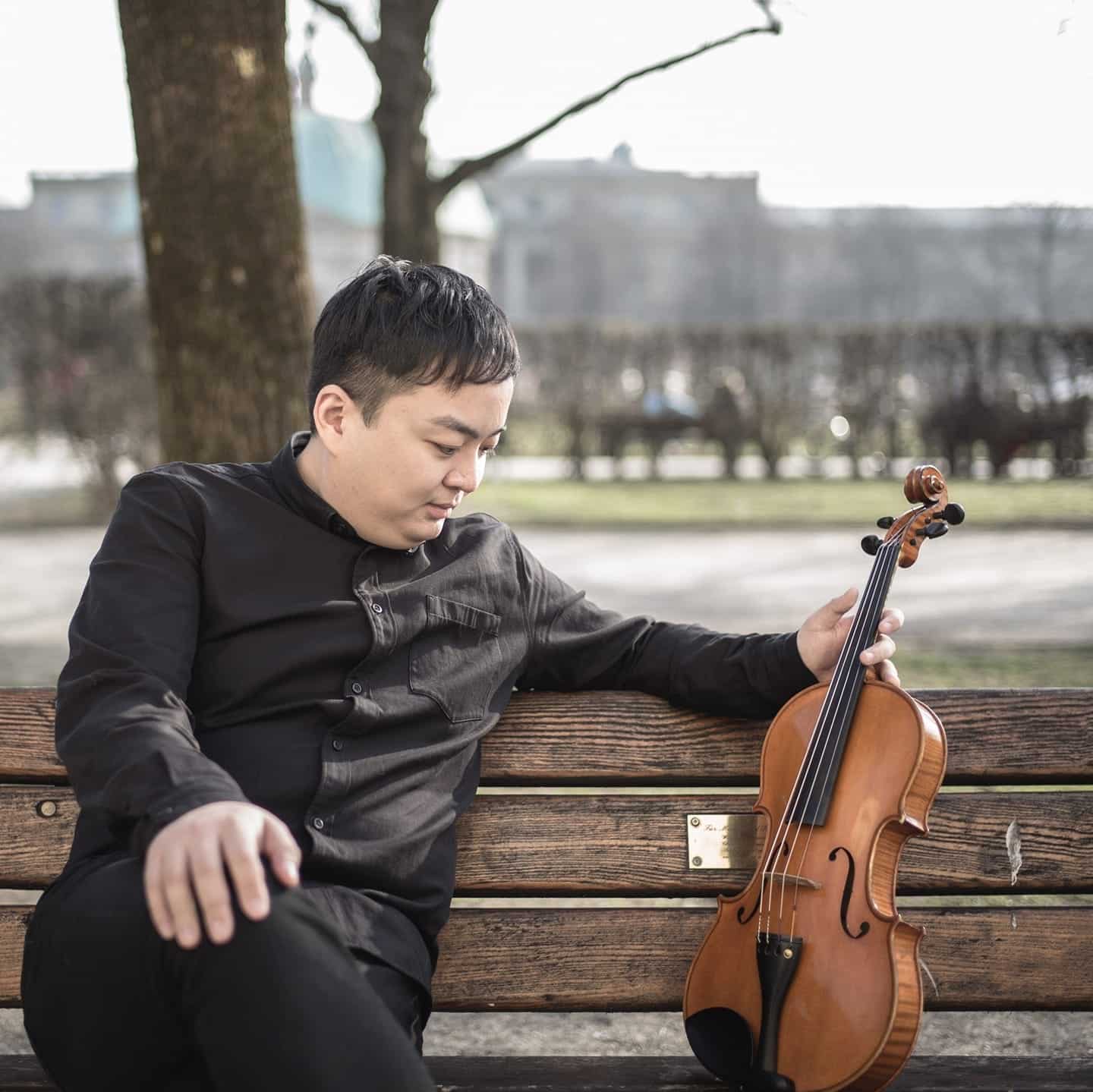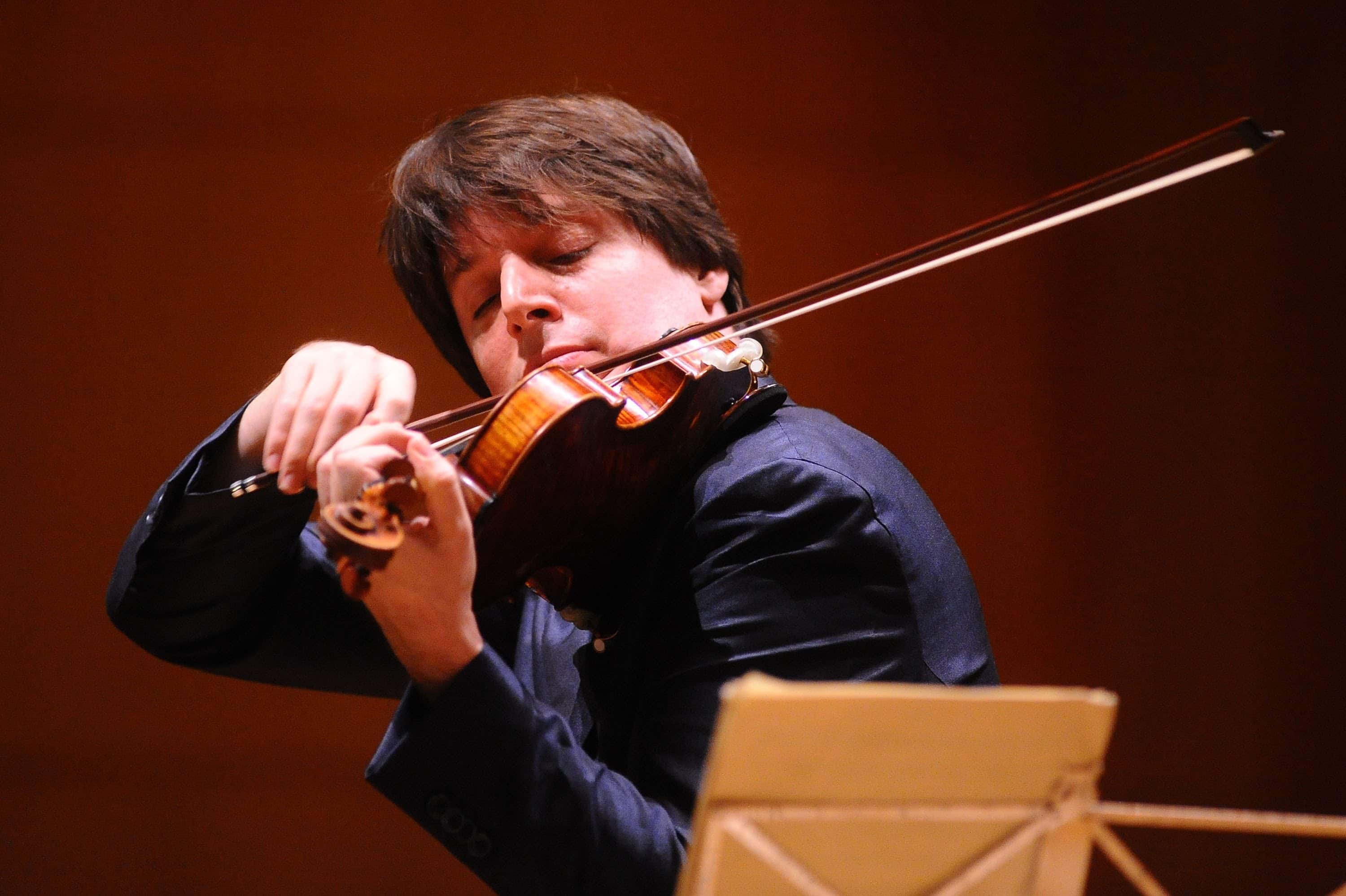So how French was Ravel?
mainFrom the Lebrecht Album of the Week:
Never forget that Maurice Ravel was more Basque than French. His rhythms and harmonies belong to the borderlands. He is happiest with the smell of Rioja in his nostrils.
There must be other pianists who have paired Ravel’s two piano concertos on record with De Falla’s Nights in the Garden of Spain, but I can’t call any recent releases to mind. Or maybe Steven Osborne’s account is just so thrilling that it has erased them from memory. There is never a moment in this performance when you doubt the absolute rightness of his choices….
Read on here.

And here.
And here.






No, he was happiest with a Gauloises in his mouth…
The Basque-Spanish heritage of his mother did influence him, but nevertheless I think Ravel’s individual classicist style of composing was quintessentially French.
Agreed. Also, the ‘french musical identity’ includes lots of ‘foreign’ elements, like all the exotisms in Debussy. Saint-Saëns already did a lot of musical colonialism: Egyptian piano concerto, arabesques in Samson et Delilah, etc.
identity ( just from memory) is a set of features related to the belonging to a certain social group/ community etc , so would you be so kind to enlarge your list … I’m curious where elegance and the sense of style came from to France ( or those are inherited traits)… must be really interesting
I think the ‘typical french qualities’ of order, elegance, refinent etc. only came into being at and since the court of Louis XIV (17C) when the subjection of nature, i.e. artificiality, became hallmarks of development. That was also political: the king subjected the various nobel groups who were notorious for infighting and plotting against royalty, to honorable social theatre at the court. So, energies were channelled into culture. Versailles with its well-ordered exuberance would be a good model, imitated all over Europe including its manners. Art, in this case: music, had to immediately please the senses and depict an ordered universe, and this ideal is far removed from the emotionally more tortuous ideals of German music. Hence the rather un-French frenzy around Wagner at the end of the 19th century, to which Debussy reacted so strongly. Debussy and Ravel did not put themselves and their subjective experience in the centre of their work, but gave priority to the beauty and perfection of the work of music in itself, also where it is expressive. It seems to me that such qualities go back to that 17C idea of nature being subjected and treated with good taste and moderation and discipline.
All music is international. and comes in regional flavors, modifications.
But where the bucket has to really stop, is to say something is Basque and not French or vice versa. What a nonsense. There is probably no living composer of any meaning, and never has been, who wrote music without intercultural influences and impressions, directly or indirectly. Those mindsets, that try to put people into constructed boxes, have to be eradicated, they are a cancer to mankind.
Trying to categorize music nationally is as retarded as trying to separate a swimming pool into peeing-into-the-water and no-peeing-into-the-water zones.
Yes, let’s erase the words “Basque”, “Spanish” and “French” because they don’t mean anything.
Let’s also erase the whole concept of musical nationalism. Let’s deny the typical Norwegian aspects in Grieg’s music, the typical Finnish aspects in Sibelius, the typical Polish aspects in Chopin, the typical Spanish aspects of Albeniz, the typical British aspects of Elgar, the typical Hungarian aspects of Bartok, etc. etc. It’s all nonsense.
I don’t deny that composers also had influences from various countries and sources — and indeed, like John Borstlap wrote, sometimes a national identity included a certain exotism — but please, don’t write such utter nonsense.
Ravel was extremely proud of his Basque heritage. This also explains the influence of Spanish music in his oeuvre – Basques are perhaps more ‘Spanish’ than ‘French’, if I am allowed to say so…
Yet, living all his life in France made him also fully equipped to be called French. I think he was both, and maybe more French than he wanted to admit to himself…
All my respects to dear Ravel, the composer of my life.
thank y’all